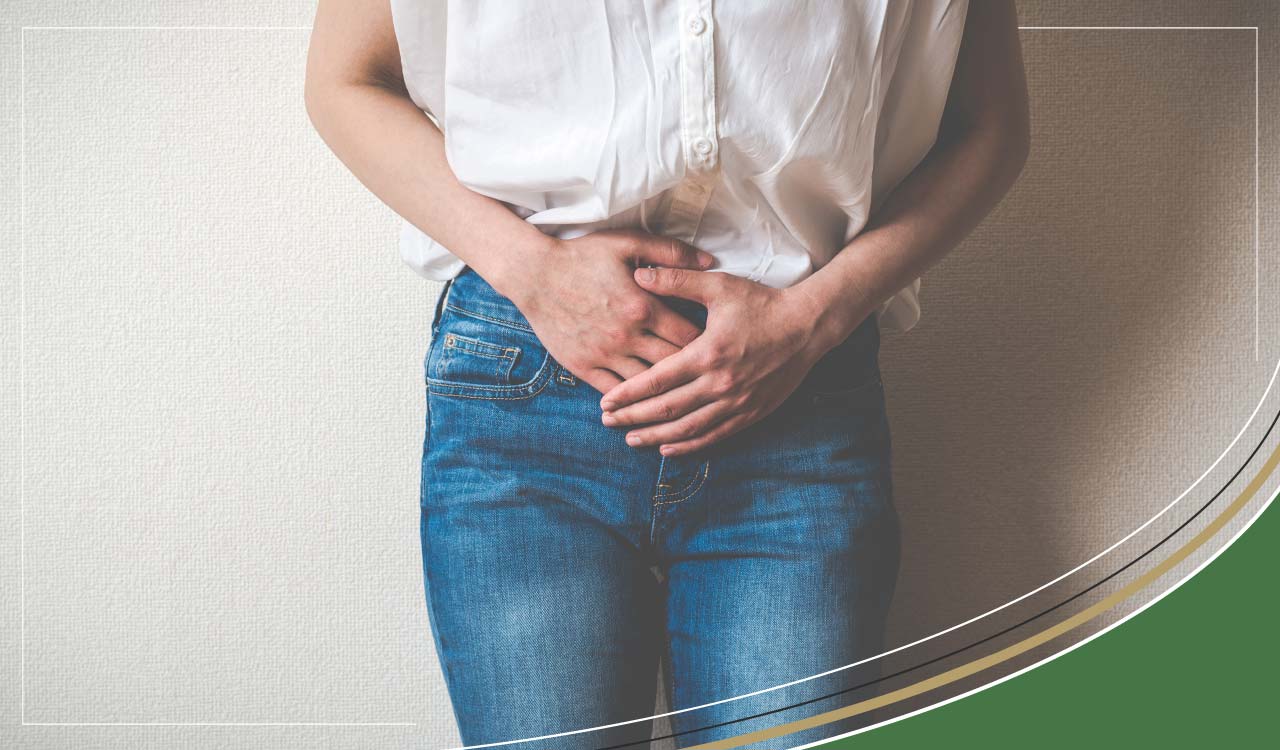Cystitis related to Sexual Intimacy

Cystitis is a significant health concern, particularly for women, with estimates suggesting that most women will experience a urinary tract infection (UTI) at least once in their lifetime. Many women associate cystitis with sexual activity, which can sometimes cast a shadow over their intimate lives due to fears of recurrent infections.
Causes of Cystitis
Women may develop cystitis within a day or two after having sex. Factors such as physical movement, bacteria entering the urethra, or irritation caused by dryness or insufficient lubrication can contribute to this condition. This phenomenon is sometimes referred to as "Honeymoon Cystitis" because it often occurs during the early stages of a relationship when intimacy is frequent.
The most common cause of bladder infections linked to intimacy is Escherichia coli (E. coli), responsible for approximately 90% of such cases. Recurrent infections are typically classified as complicated urinary tract infections (UTIs), which can lead to complications ranging from painful cystitis to severe kidney infection and, in extreme cases, life-threatening sepsis. The first line of defence is usually a course of antibiotics.
Recurrent Cystitis
Medical experts now recognise that sex-related cystitis isn't always caused by external bacteria, such as those from a new partner. Dormant bacteria embedded in the bladder wall can sometimes resurface, proliferating when conditions are favourable and causing infections to recur.
Antibiotics are often the first line of defence, effectively targeting harmful bacteria. However, they may also disrupt beneficial bacteria in the gut, sometimes leading to side effects like Thrush. Many women experiencing recurrent cystitis report a pattern of infection, antibiotic use, episodes of thrush, and eventual reinfection.
Maintaining Urinary Health
For individuals prone to recurrent UTIs, some simple lifestyle measures may help:
- Drinking plenty of water to stay hydrated and promote regular urination.
- Urinating before and after sexual activity.
- Practising good hygiene habits for both partners.
- Considering dietary choices that promote a balanced urinary pH.
Certain dietary supplements, such as D-Mannose, have gained attention among individuals seeking natural ways to support urinary health. Maintaining a balanced urinary environment and adhering to preventive practices can contribute to a healthy and active lifestyle.
For those prone to thrush, probiotics may offer support, with ongoing research into specific bacterial strains and their potential benefits.
 Free Royal Mail 24 Tracked Delivery - Spend £10+
Free Royal Mail 24 Tracked Delivery - Spend £10+
 Support 01904 789559 - 20+ Years Expertise
Support 01904 789559 - 20+ Years Expertise
 Rated 5 out of 5 on Trustpilot
Rated 5 out of 5 on Trustpilot

















